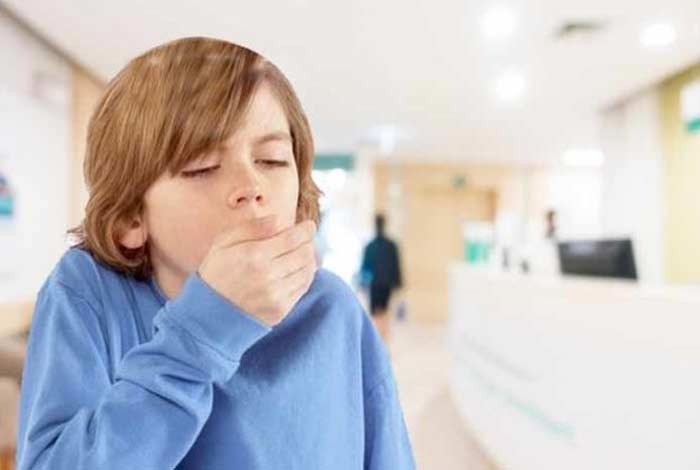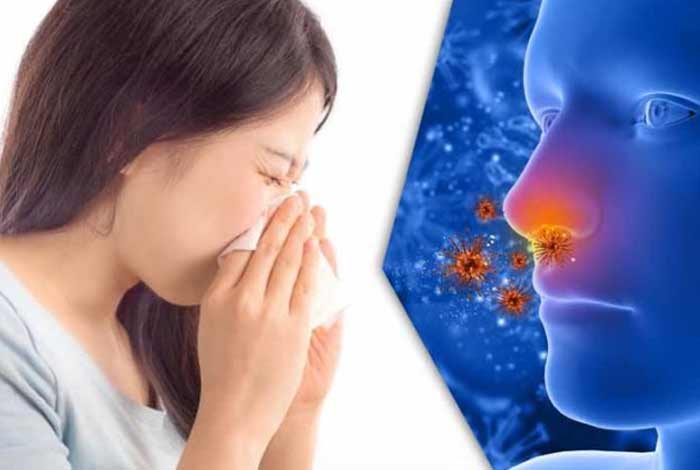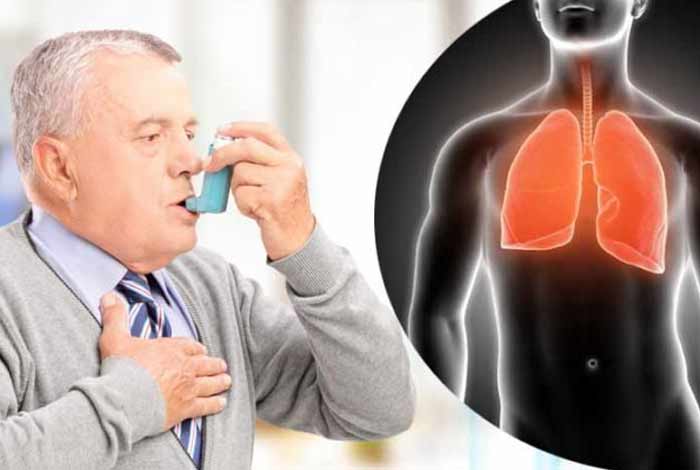
Overview and Facts:
Asthma is an incurable disease, which affects the airways of a person. In asthma, a patient experiences repeated events of cough, wheezing and difficulty in breathing. Asthma is a result of the swelling and sores on the linings of lungs. This condition makes the lungs highly sensitive and worsens the situation at the time of lung infections.
In case of asthma, the patient experience breathing issues, because of the infections in the lungs. Inflammations generally occur in the muscles of the air passageway. In this condition, the bronchial tubes become narrow, which restricts the entry of air into the lungs. This condition is known as Spasm.
Severity of asthma symptoms leads to asthma attacks. An asthma attack hinders adequate supply of oxygen to vital organs inside the body. This situation may even cause death in some cases.
Statistics says that approximately 20 million people all over the world are suffering from asthma, out of which, 10 million are suffering from allergic asthma. Out of these 10 million allergic asthmatic patients, 3 million are children. The allergic asthmatic patients can control the symptoms by controlling their allergies like dust mites, pet dander, pollens, mold, etc. This makes allergic asthma the most common type of asthma. Common symptoms of allergic asthma are coughing, wheezing and tightening of chest.
The treatment options available for asthma is medication, which is of two types depending on the duration of the effect, viz., long-term and short-term.
There are some characteristic features of asthma, including airway inflammation, airway obstruction and airway hyper-responsiveness. These are some of the conditions of lungs that help determine the type of asthma in a patient.
Some common symptoms of asthma are coughing, wheezing, troubled breathing, elevated respiratory rate, tightness in chest, abdominal pain, fatigue, agitation and increased pulse rate, among others.
This chronic disease has several causative factors like allergens, cold and viral infections, change in weather, sudden exposure to cold air, tobacco smoke, air pollution, paints, cleaning agents, perfumes and strong odors.
Types and Symptoms of Asthma:
Types of Asthma:
According to the type of factors that trigger asthma, it can be classified into following types:
1). Allergic Asthma :
It is also known as “extrinsic” asthma as the trigger comes from outside the body and is inhaled along with the air. There is a range of triggers of allergic asthma, such as cigarette smoke, animal fur, perfume, plant pollen, cold air, exhaust and other chemical fumes. These impact of these triggers vary from person to person.
2). Non-Allergic Asthma:
Also known as intrinsic asthma, non-allergic asthma is caused by triggers present inside a person’s body. These include bacterial and viral inflammations of the airways and intake of certain painkillers like acetylsalicylic acid and other non-steroidal anti-inflammatory drugs (NSAIDs). Emotional and physical stress can also make some people breathe faster, eventually leading asthma symptoms to surface.
Symptoms of Asthma:
Asthma is a condition, wherein inflammation occurs in lungs. Its common signs and symptoms are listed below:
- Coughing
- Wheezing
- Chest tightness
- Shortness of breath
- Speech difficulty
Early Symptoms of Asthma:
There are some early symptoms of asthma that are generally ignored by people as normal health variations. However, these early symptoms are the warning signs of asthma attack in near future. In fact, these signs or symptoms can be observed before the well-known symptoms of asthma. These are less severe and thus, does not obstruct a person in his/her day-to-day activities. These are as follows:
- Repeated coughing, especially at night
- Losing breath easily
- Tiredness during exercise
- Wheezing or coughing, especially after a workout
- Lung function deficit
- Initiation of cold or allergies
- Sleep problems
Symptoms of an Asthma Attack:
Asthma attack is a condition in which the muscles surrounding the airways start to tighten. Bronchospasm is the condition of tightening of muscles. At the time of an asthma attack, the airways become swollen due to inflammation and thus, which results in excessive mucus production by the cell lining of lungs.
Common symptoms of an asthma attack are:
- Severe wheezing during breathing in and out
- Retraction of neck and chest muscles
- Very quick breathing
- Uncontrolled cough
- Trouble in speaking
- Anxiety or panic attack
- Paleness or sweating
- Lips and fingernails become blue
For the above-mentioned symptoms, there is a need for immediate treatment as the delay may lead to trouble in breathing. Therefore, an instant treatment with asthma inhaler or bronchodilator is recommended. If the lungs continue to tighten, there would be not enough air movement in the lungs and a person would be required to be transported to hospital. In such a condition, if instant treatment is not given, then nails and lips start to turn blue. This is because of less amount of oxygen supply in the blood. In some severe cases of asthma attacks, death may occur if the treatment is not provided on time.
Asthma Symptoms in Children:
In children, the symptoms of asthma can begin at any age, but in most of the cases, the symptoms initially appear when a child reaches the age of 5 years.
Wheezing is not common in all the children. The only obvious sign of asthma in children is chronic coughing. Sometimes, asthma cannot be easily diagnosed in children because of recurrent bronchitis.
Some Unusual Symptoms of Asthma:
It is not necessary that every individual exhibit the common symptoms of asthma. A few people under certain circumstances exhibit asthma symptoms that are unusual. These include:
- Uncontrolled fast breathing
- Sighing
- Fatigue and inability to do exercise
- Unable to sleep and concentrate properly
- Chronic cough without wheezing
Thus, this can be concluded that the symptoms whether severe, minor or unusual are associated with a different kind of causative agent.

Risk Factors of Asthma:
Being an allergy, asthma is associated with many factors. These factors enhance the risk of developing asthma. Some common risk factors of asthma include:
- Gender and Age: Children in comparison to adults are at a higher risk of developing asthma. In childhood, boys are more prone to have asthma than girls because of their small-size airways. In adults, at the age of 20, both men and women are at the same level of risk, while at the age of 40, women tend to be more prone to develop asthma than men.
- Family History: Blaming parents for having asthma is true. Researches reported that children having asthmatic parents are at 3-6 times higher risk of developing asthma.
- Allergies: People, who are sensitive to allergens easily get asthma. Different allergens causing asthma are dust, molds, pollen, chemicals, etc.
- Environment: Pollution is one of the factors, which affects the airways of humans. Presence of some gases and ozone in the environment triggers the symptoms of asthma. The change in temperature results in congestion in airways causes asthma in some people.
- Cigarette Smoking: The smoke of cigarette cause irritation in the airway and triggers asthma. Even, the secondhand smoke also increases the risk of asthma.
- Obesity: Overweight and obese people are at a greater risk of developing asthma.
Do I have Asthma?
Symptoms like coughing, wheezing, shortness of breath, tightness in chest, tiredness during workout, speech difficulty, paleness, congestion in airway, etc. depicts that the person might have asthma.
But, this is not necessary as there are many other diseases that have similar symptoms. For example, a person with bronchitis feels chest pain and coughing. In case of emphysema, shortness of breath, coughing and wheezing are common symptoms. Also, when a person has hay fever, he/she experiences symptoms like shortness of breath, coughing, congestion, etc.
Thus, deciding one’s condition on your own is not good. It is recommended that if you experience any of the above-discussed symptoms, then immediately consult a doctor for proper diagnosis.
Causes and Prevention of Asthma:
1. Causes of Asthma:
Sadly, there is no known cause for asthma till date. However, there are some factors that are responsible in influencing the levels of asthma. Certain factors associated with the development of asthma are genes, air pollution and chlorine in pool water, among others.
i. Asthma Triggers: People, who are at risk of developing asthma, have inflammation in their airways and so, they are highly sensitive to several things. These are known as asthma triggers that may induce symptoms of asthma in such people. A few of asthma triggers are given below:
- Infections
- Allergens (pollen, dust mites, molds, cockroaches, etc.)
- Airborne factors
- Medicines (aspirin, acetaminophen)
- Emotional factors
- Food components
- Weather variations
- Indoor factors
- Food allergies
- Lifestyle factors
- Health conditions related to birth
ii. Work-Related Factors: Work environment can be responsible for asthma development. Occupational asthma is the asthma caused by work-related factors that are listed below:
- Chemicals released by spray paint
- flour and grain dust
- latex
- animals
- wood dust
- components of solder fumes
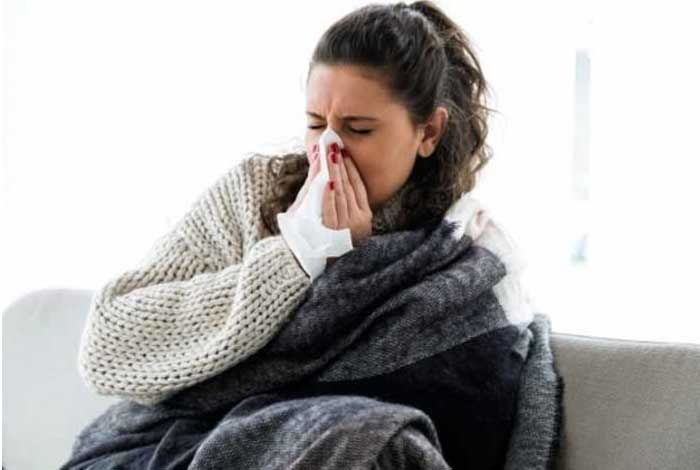
2.Prevention of Asthma:
Certain preventive measures could be adopted against asthma. Discussed below are several measures that help prevent the development of asthma symptoms.
- Learn about the types of asthma triggers and how to control them.
- Follow the asthma action plan prescribed by your doctor or allergist.
- Vaccination against influenza and pneumonia.
- Monitor your breath
- Identify the attacks and treat them at initial stages Take medicine regularly as prescribed
- Get regular checkups for asthmaCertain preventive measures could be adopted against asthma. Discussed below are several measures that help prevent the development of asthma symptoms.
- Learn about the types of asthma triggers and how to control them.
- Follow the asthma action plan prescribed by your doctor or allergist.
- Vaccination against influenza and pneumonia.
- Monitor your breath
- Identify the attacks and treat them at initial stages
- Take medicine regularly as prescribed
- Get regular checkups for asthma
Diagnosis and Tests of Asthma:
Asthma is primarily diagnosed through a physical examination of the person. There are certain tests spirometry, peak flow test, methacholine challenge, imaging test and allergy testing that are employed by doctors to diagnose the accurately diagnose asthma and severity of the condition.
Treatment and Care of Asthma:
For effective treatment of asthma, the most important thing is to find the asthma trigger. Therefore, the treatment method varies according to the type of causative factor. By and large, methods for asthma treatment include medication, several types of therapies and special action plans.
1. Medication:
Treating asthma with medicines is the most common approach. Quick-relief medicines and long-term control medicines are the two types of medications.
- Quick Relief Medicines: These medicines are used against the first sign of the asthma for immediate relief. Quick-relief medicines include short-acting inhaled beta2-agonists and anticholinergics. Both the medicines are bronchodilators and help in expanding the air passage in the lungs and ease up the breathing process. These are also helpful in clearing off the mucus from the lungs.
For exercise-induced asthma, drugs are required to be taken before any strenuous physical activity or exercise. These medicines only stop the asthma symptoms, and do not reduce the inflammation caused thereby. - Long-Term Control Medicines: These medicines help prevent asthma attacks and symptoms. Most commonly administered medicines under this category are anti-leukotrienes or leukotriene modifiers, cromolyn sodium, inhaled corticosteroids, methylxanthines, oral corticosteroids and immunomodulators.

2. Immunotherapy:
The second highly adopted approach for the treatment of asthma is immunotherapy. This method is further classified as allergy shots and sublingual tablets.
- Allergy Shots: In this method, an allergen is injected in small amount regularly for a long duration. This allows the patient to develop resistance for it. Thereafter, if a patient comes in contact with the same allergen, it would not cause any harm to that person.
- Sublingual Tablets: The U.S. FDA-approved sublingual tablets in 2014. These are easy-to-dissolve tablets. Sublingual tablets have to be placed under the tongue, and this procedure has to follow for months before the start of the allergy season. However, these medicines are not recommended to patients with severe asthma.
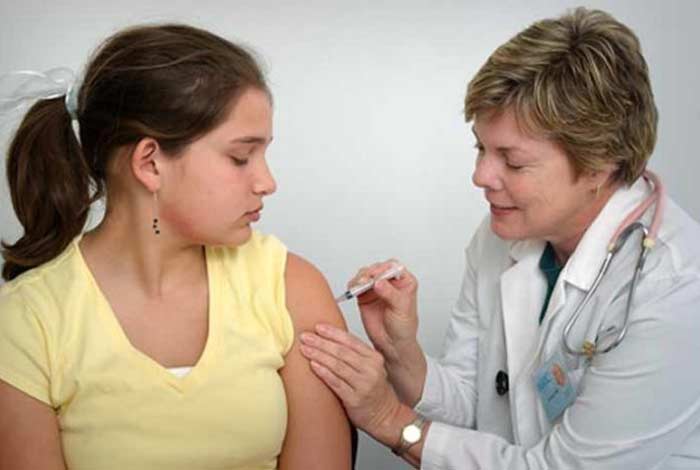
OTC Medications and Self-Management Methods of Asthma:
The only available OTC medicines for asthma treatment are epinephrine and ephedrine.
There are a few self-management steps that could help a person prevent and control asthma. These include:
- Knowing factors that exacerbate asthma symptoms and taking measures to avoid them.
- Making use of a peak flow meter to monitor asthma
- Taking asthma-controlling medicines appropriately as prescribed by the doctor.
- Preparing an asthma action plan, depending on the severity of the condition, to effectively manage and track asthma symptoms.
Natural Ways to Treat Asthma:
Enlisted here are some of the natural methods to cure and prevent asthma:
- Natural Dietary Supplements: Different herbs and plants products can be consumed by people with asthma. Foods containing magnesium, vitamin C, Vitamin E and antioxidants are recommended for asthmatics.
- Yoga: For symptoms like breathing trouble, practicing yoga can be beneficial.
- Acupuncture Treatment: Acupuncture is known to relieve asthma patients from symptoms like shortness of breathing.
- Asthma Diet: A person with asthma need to be careful about his/his diet as allergens present in the food may trigger asthma.
Health Tip by Expert:
Bringing a few changes in the lifestyle is the best way to minimize the risk of developing asthma or asthma attack. Managing the body as per the condition help reduce the need of mediation and the risk of developing asthma.





